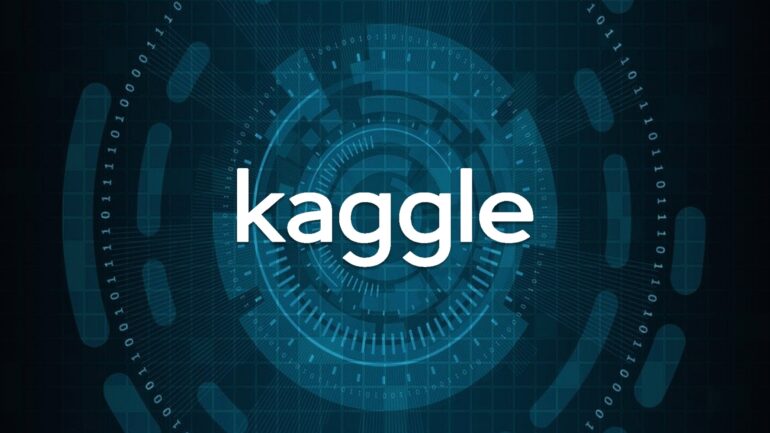TL;DR:
- Kaggle launched a competition to discern essays written by students from those generated by AI.
- Over 15 million Kaggle community members participate, aiming to deploy machine learning techniques.
- Generous financial support from institutions like the Gates Foundation and Chan Zuckerberg Initiative.
- Challenge: Develop a machine learning model to accurately differentiate between human and AI-authored essays.
- The dataset consists of 10,000 essays, with some written by students and others generated by LLMs.
- Promising signs as participants contribute additional AI-generated essays to enrich the dataset.
- Competition parameters: Code-based submissions with CPU or GPU, runtime limited to 9 hours.
- Prize pool of $110, divided between Leaderboard and Efficiency Prizes, with $20,000 for the 1st Place winners.
- Broader impact: Advancing LLM text detection technology on a global scale.
Main AI News:
As the capabilities of Language Model Models (LLMs) such as ChatGPT continue to evolve, educators face a growing challenge: distinguishing between students’ original work and content generated with assistance from artificial intelligence. To address this concern, Kaggle has recently launched a competition aimed at detecting whether an essay was authored by a human student or an LLM.
With a vibrant community boasting over 15 million members, Kaggle stands as the go-to platform for harnessing machine learning techniques to authenticate students’ work and combat this emerging form of academic dishonesty. The response from Kagglers has been enthusiastic, with a staggering 320 teams – predominantly comprising individual participants – already submitting their solutions. With nearly three months remaining before the Final Submission Deadline, there’s ample time for others to join the fray.
This competition is the brainchild of Vanderbilt University and the Learning Agency Lab, with generous financial support from the Bill & Melinda Gates Foundation, Schmidt Futures, and the Chan Zuckerberg Initiative.
The challenge at hand is to develop a machine learning model that can accurately discern whether an essay was penned by a human student or an LLM.
The competition’s dataset encompasses approximately 10,000 essays, all written in response to one of seven essay prompts. In each prompt, students were tasked with reading one or more source texts before crafting their responses. The same information may or may not have been fed into an LLM when generating an essay. The competition’s description highlights that the training set consists of essays from two of the prompts, primarily written by students, with only a handful of AI-generated essays included. Participants are encouraged to generate additional essays for use as training data.
Remarkably, one of the participants has already made additional AI-generated essays available to further enrich the dataset.
This is a Code Competition, and submissions must be made using either a CPU or a GPU Notebook, with a strict runtime limit of 9 hours.
The prize pool, totaling $110, will be divided between Leaderboard Prizes, recognizing predictive performance, and Efficiency Prizes, which evaluate the runtime required for a submission (restricted to CPU only). It’s worth noting that winning a Leaderboard Prize doesn’t exclude you from winning an Efficiency Prize. In both categories, the 1st Place winner will walk away with a substantial $20,000 reward.
While the immediate focus of this competition is on identifying essays produced by LLMs in middle-school or high-school contexts, its broader implications are substantial. The models developed by participants will aid in identifying distinctive LLM characteristics and contribute to advancing the state of the art in LLM text detection on a global scale.
Conclusion:
Kaggle’s Essay Authentication Challenge signals a growing need to combat AI-generated content in academic settings. The enthusiastic response and financial backing demonstrate the importance of this issue. As AI continues to blur the lines between human and machine-generated content, solutions emerging from this competition will play a vital role in maintaining academic integrity and shaping the future of text authentication technologies.

